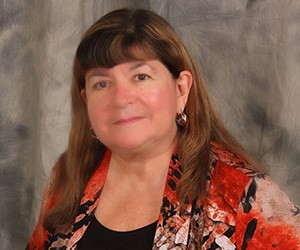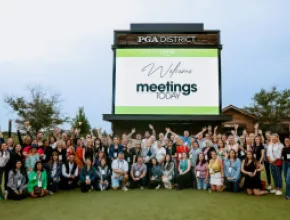News in January 2018 that the U.S. Poultry & Egg Association (USPOULTRY) was awarded nearly $800,000 in damages and attorney’s fees for trademark infringement from a purported hotel room poacher is set to ripple through the meetings industry.
The U.S. District Court for the Northern District of Georgia found that an unaffiliated travel agency named Tarzango engaged in deceptive advertising practices, according to USPOULTRY, for sending unsolicited emails to exhibitors and attendees of its International Production & Processing Expo offering hotel accommodations both inside and outside of the show’s room block, which was managed by Experient.
“We may not have gotten this particular poacher on poaching, per say, but it really solidifies the fact that if someone is infringing on your trademark, and you can prove that they are doing it, then you can sue them and then based upon case law, assuming it stands up, you have case law that says yes, this is trademark infringement,” said veteran meeting planner and educator MaryAnne Bobrow, president of Bobrow Associates, who has been an industry leader in combating room poaching. “What this tells event organizers is you need to trademark your logo; you need to trademark or service mark your event.”
Bobrow and others have worked with the Events Industry Council (EIC), formerly the Convention Industry Council, to draft guidelines for event organizers to fight poachers as part of its APEX Room Block Poaching Workgroup. Bobrow co-chaired the workgroup with MGM Resorts International’s Michael Dominguez.
“It’s really good news for us as it vindicates the fact that we’ve been fighting for something we should’ve been fighting for,” Bobrow said of the work she and others did through the EIC, adding that this is the first poaching/trademark infringement verdict she’s aware of. “This case is big.”
How to Fight the Poachers
Event organizations and planners can access a wealth of information and tools to help combat room poachers on the EIC’s website, including a Poaching & Piracy Toolkit; Sample Communications to/about Pirates; a checklist, and other resources, at http://www.eventscouncil.org/APEX/roomblocks.aspx.
APEX’s Best Practices for Piracy and Poaching Prevention includes the following examples:
Examples of Piracy and Poaching Practices:
- Selling fictitious reservations and credit card fraud: With this practice, event participants believe that they have made a reservation, however, they arrive to find that no reservation has been made and their credit cards may have been charged by pirates and poachers.
- Misrepresentation resulting in bookings outside the block: Pirates and poachers may misrepresent themselves in many ways in order to entice participants to book through them. Examples include “bait and switch”, where they sell reservations that are inferior to what was promised (such as further from the event site), or say that the official hotel blocks are full when they are not.
- Trademark infringement: In this case, pirates and poachers will utilize the trademarked/servicemarked property of the event owner (such as the logo or Logotype or the unique meeting name) in correspondence to event participants in order to appear to be an official agent for the event.
- Unauthorized access, use and selling of data: Pirates and poachers obtain lists of past, current or prospective attendees through a variety of means including unauthorized use of websites or data bases. In some cases, they may also purchase lists from sources that are not authorized to sell the data.
- Obtaining inventory through misrepresentation or omission: In many cases, pirates and poachers obtain room inventory by deceiving the lodging establishment, such as a hotel, or the hotel’s wholesalers through misrepresentation or failure to disclose their intent.







